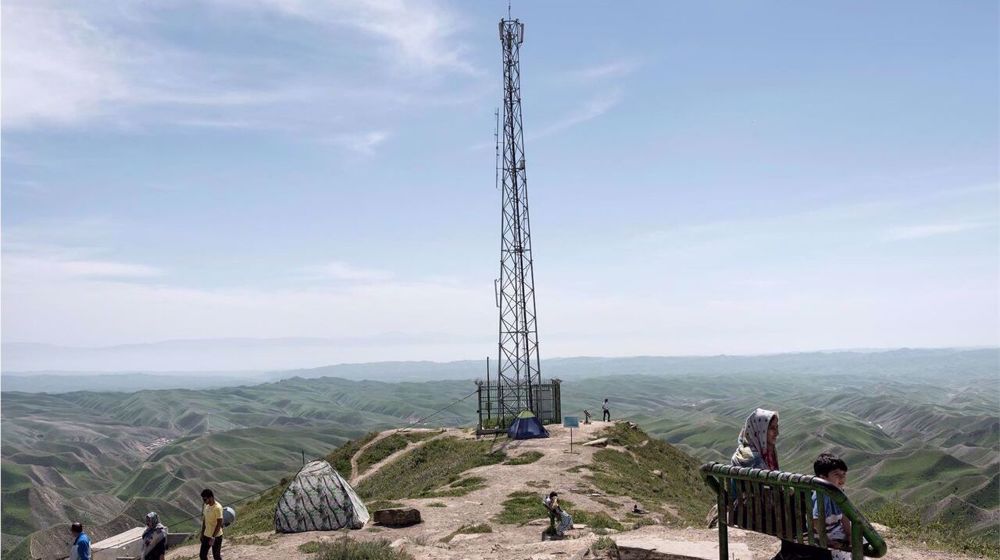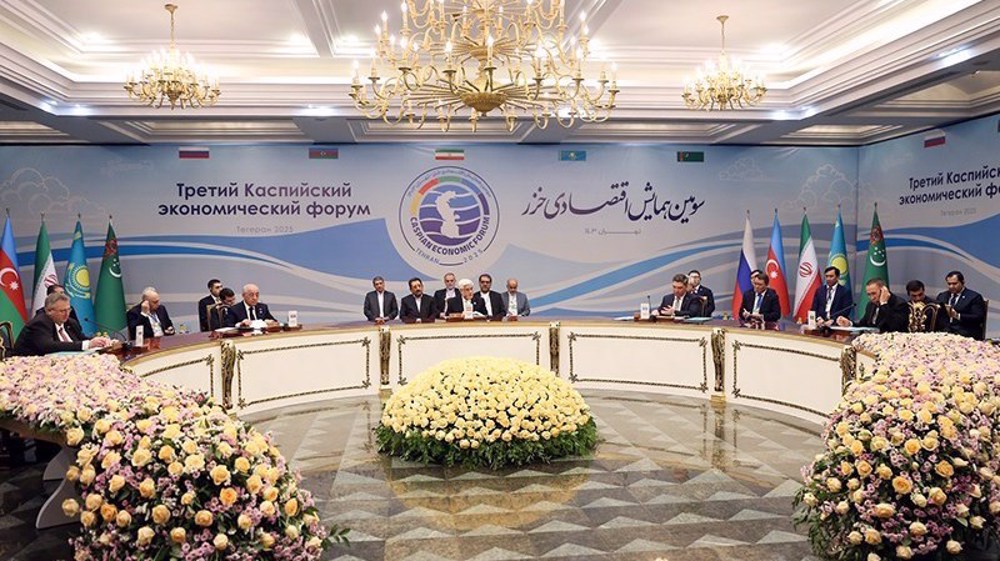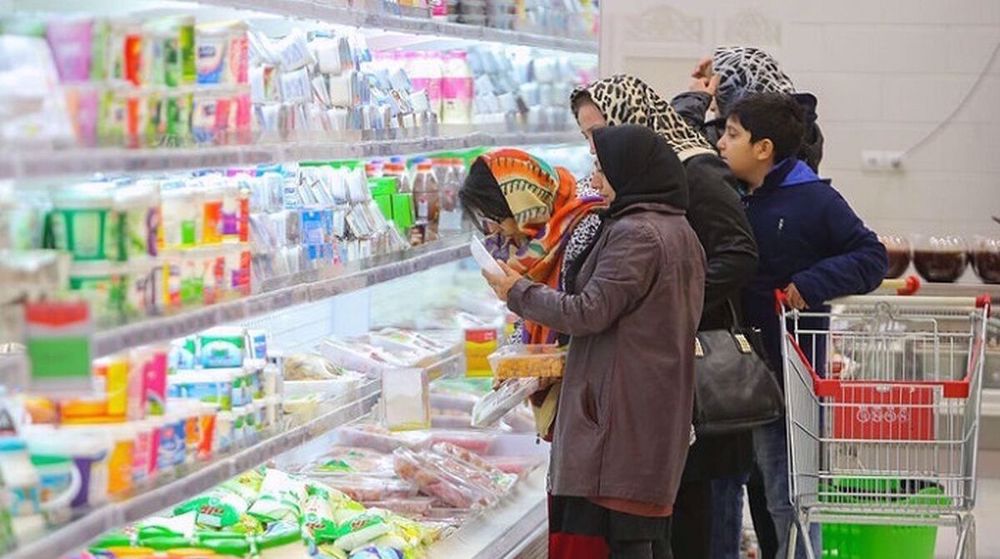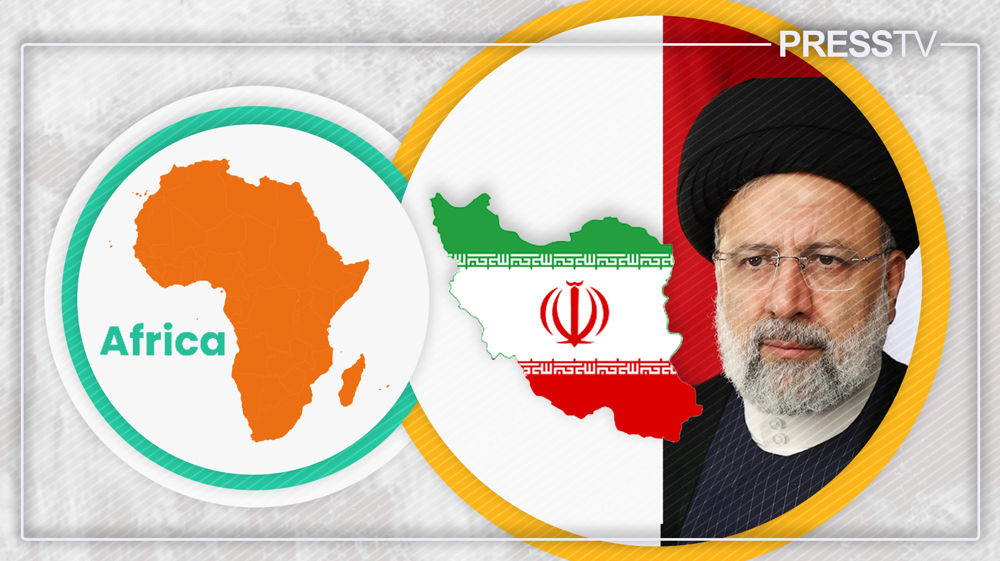Why President Raeisi’s three-nation tour of Africa matters
President Ebrahim Raeisi will begin a three-nation visit to Sub-Saharan Africa on Tuesday for the first trip in 11 years by an Iranian president, aimed at increasing Iran’s footprints in a region with an economy of $600 billion.
Iranians and Africans have traded since times immemorial, the testimony of which is the many inhabitants of the Swahili coast and the nearby Indian ocean islands of Zanzibar, Pemba and Comoros generally known as the Shirazi people.
Modern Swahili people have an oral history embracing both African and Asian roots, including one text which traces the founding of Tanzania’s Kilwa to the arrival of a Persian prince.
The self-governing island of Zanzibar in Tanzania, apart from bearing a Persian name, has preserved numerous traces of its historical links with Iran.
Many of its residents, based on oral tradition, are descendants of Iranian merchants from Shiraz, who directly settled various mainland ports and islands on the eastern Africa seaboard beginning in the tenth century, in an area between Mogadishu, Somalia in the north and Sofala in the south.
A study of centuries-old DNA published in the prestigious journal Nature in March estimated that people of African and Persian ancestry began to have children together in the Swahili coast region around the year 1000 AD.
Iran, after the 1979 Islamic Revolution, embarked on renewing relations with the African people based on Islam’s prohibition of racism.
Leader of the Islamic Revolution Ayatollah Seyyed Ali Khamenei paid six state visits to Africa when he was Iran’s president from 1981 to 1989, during the Iraqi imposed war under former dictator Saddam Hussein on the Islamic Republic.
The policy of strengthening relations with Africa continued during the terms of the next Iranian presidents who paid 41 visits to Africa in total.
President Raeisi will travel to Kenya, Zimbabwe and Uganda Tuesday at the head of a delegation after an unexplained eleven-year drought of Iranian presidential visits to Africa during the term of his predecessor.
Trade between Iran and Africa increased between 2005 and 2006, but the Global Financial Crisis and cruel sanctions imposed on the Islamic Republic under a UN Security Council resolution in 2007 decimated it.
Surveys show Iran’s trade with Africa has remained subdued at about $1.2 billion over the past few years, during which no significant step was taken to restore economic relations.
That is going to change, according to the director general of the Africa Office of Iran Trade Development Organization, who expects Tehran’s trade with Africa to hit $10 billion in the next three years.
Africa, home to 18% of the world’s population with an increasing population growth, is rich in natural resources with abundant arable land, water, oil, natural gas, minerals, forests and wildlife.
It sits on some 30 percent of the world’s mineral reserves, 65 percent of the world’s arable land and ten percent of the planet’s fresh water source. Home to 40 percent of the world’s gold and 90 percent of chromium and platinum reserves, Africa also holds the largest reserves of cobalt, diamonds, platinum and uranium in the world.
According to Mehrad Ebad, a member of the Tehran Chamber of Commerce, Africa’s foreign trade has grown significantly in the last twenty years, but Iran has not been able yet to use the capacity.
“That said, the African market still remains virgin territory and Iran can stake out a share of this market,” he told Mizan news agency.
In Ebad’s words, the lack of proper presentation of the African market to Iranian businessmen and economic entrepreneurs is one of the reasons why Iran is lagging behind other countries in the continent.
Another reason is the cruel sanctions. For exports to Africa, Iranian traders have to send their goods through neighboring countries such as the UAE, Oman and Turkey, which entails in re-exports and higher export costs.
To increase trade and relationship with African countries, Iran should activate joint chambers of commerce in order to introduce target markets and existing risks, because Iranian exporters generally have little knowledge about the continent.
Africa is a safe and low-risk destination for Iranian traders, with a market for minerals, oil and gas, nano and food products such as pistachio and saffron, as well as polymers, petrochemicals and technical engineering services.
Meanwhile, there is ample capacity in Iran for shipment of goods to African countries by sea, which is the most affordable way to move products all around the world and suited to many business types.
One of the remarkable upsides of Iranian trade with African countries is the distance factor. The distance between Iran and Africa is much shorter than between, let’s say, China and Africa. This is a significant advantage which Iran can use to increase trade with the African continent.
President Raeisi’s visit to Africa is on track to enhance Iran’s economic and political relations and pave the way for development of trade exchanges. That will benefit the private sector most.
Exporters and owners of private businesses have tagged along with President Raeisi’s delegations in his recent foreign visits.
According to Ebad, one of the solutions is to increase and embolden the private sector’s role in foreign trade and the accompaniment of private enterprises in the president’s foreign visits will benefit Iran’s economy at the end of the day.
African markets are diverse, and buying power is growing among consumers across the continent. Iranian economists say the country can carve out a niche with proper planning, emphasizing the role of the private sector and developing joint chambers of commerce.
Iran’s trade with different African countries is varied. It has had good economic success with the eastern countries of the continent such as Kenya and Tanzania, but not as much in many others.
It is time to unleash capacities at full throttle, increasing exports, offering technical and engineering services and investing in some projects which would mutually benefit both parties and build new bridges between their nations.

Iran to connect all 20-household villages to broadband by 2028

Strategic chance for Caspian states at Tehran forum

Iran taps wealth fund to spend $1bn on subsidized food for households
Netanyahu: Israel won't allow Hayat Tahrir al-Sham forces in southern Syria
Hezbollah leaders’ historic funeral showed resistance strength: Islamic Jihad
Iran reports surge in air traffic as Austrian, Lufthansa resume flights
VIDEO | South Africans set to lobby government to isolate Israel
IRGC chief: Nasrallah decisive figure in regional equations with global dimensions
VIDEO | Press TV's News Headlines
Netanyahu's son 'exiled abroad for hitting his father': Knesset member
Iran money supply up 28.4% y/y in late January: CBI







 This makes it easy to access the Press TV website
This makes it easy to access the Press TV website